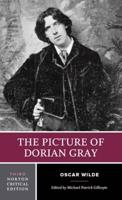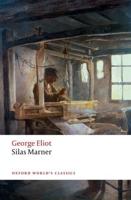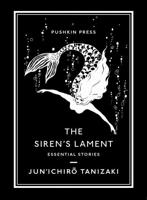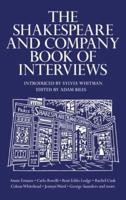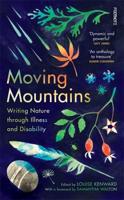Publisher's Synopsis
From the Introduction to the first volume:
"During the time occupied in writing these works Landor's private life had been a restless one. He had quarrelled with his father, and lived a wandering life in London, at Tenby, and elsewhere. Part of the time was spent at his father's house in Warwick, where he made a friend whose influence upon his life seems to have been considerable. No new bent could have been given to his vigorous obstinacy of character by any human being, but in a near neighbour of his father's he must have found a similarity of thought likely to strengthen the set which his nature had taken for itself. Dr Parr was the curate of Hatton, a small village only a few miles off Warwick. He was a first rate classical scholar. "There are three great Grecians in England," he once said, "Porson is the first: Burney is the third: and who the second is I need not tell." But in addition to this he was a mighty whig, in the days when Pitt was all powerful, and when every true tory looked upon whigs as next door to Jacobins. Landor's love for classical learning was acquired at an early age. At Rugby his Latin verses had been famous, and at Oxford his classical knowledge had gained the respect of his tutors. That he gained no prize in the university he himself accounts for in a characteristic fashion. In a letter written in 1857, he says-"Though I wrote better Latin than any undergraduate or graduate in the university, I could never be persuaded by my tutor or my friends to contend for any prize whatever." But though he wrote no Latin verse in competition, he had written much for his own pleasure. In the volume of poems published by him at Oxford were fifty pages of Latin verse containing, among other things, Hendecasyllabics, of which, his tutor declared, Catullus might have been proud. As far as classical learning went, Dr Parr and he were sure to find a common ground...".

